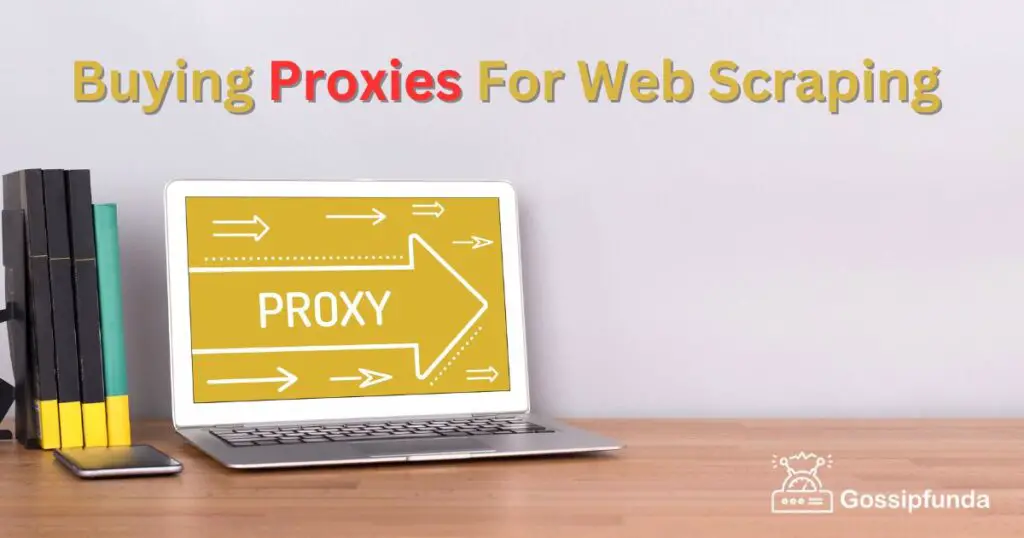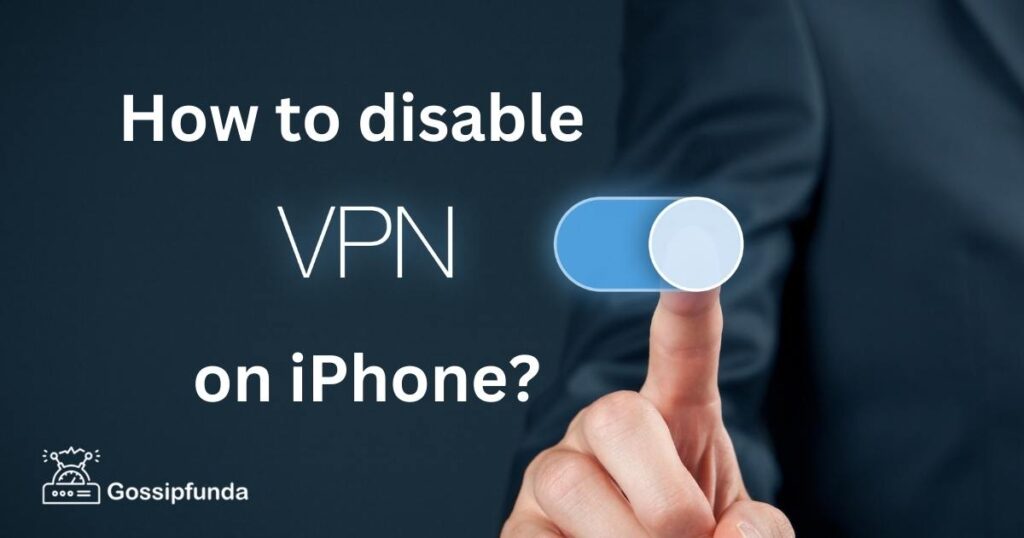Proxies are a key component of web scraping infrastructure. They hide your IP address and allow you to access data without getting blocked. A proxy can also help you bypass captchas that are used by websites to prevent bots from crawling their pages. However, this can make the process more difficult and take longer than using a normal web browser.

1. Avoid Public Proxies
A proxy is a service that provides an invisibility cloak for machines. It hides the machine’s IP address and allows it to connect with websites.
The key to using proxies for web scraping is not to make too many requests from the same IP at the same time. If a website detects too many connections from a single IP, it will likely block that IP to prevent further scraping.
Another way to avoid getting blocked is to change your user agent regularly. This string of information in the HTTP header identifies your browser and operating system.
You can find different user agents on the Internet to build a list that you can rotate later. This helps a lot in avoiding getting blocked. It also increases your efficiency and saves you time.
2. Check the IP Addresses
VPNWelt best proxy allows you to hide your original IP address while scraping data from a website. This keeps your data secure and anonymous, a big advantage for web scrapers.
Many types of proxies are available to scrapers, but it’s important to choose the right ones for your project. Here are some of the factors to consider when buying proxy services for web scraping:
Residential & Datacenter Proxy Servers
Residential proxies are a great choice for web scrapers as they are real addresses that are assigned by ISPs and wrapped in a stricter legal framework. However, they’re also much more expensive than data center proxies.
Rotating Proxy Servers
Rotating proxies rotate through a pool of IPs every time you make a connection, making them harder to flag by antibot systems. This is especially beneficial for teams that regularly scrape large amounts of data from the same websites. The downside is that these proxies can be a bit unreliable.
3. Check the Proxy Servers
When you buy a proxy service for web scraping, ensure it provides a quality and stable pool of proxies. This will ensure you don’t encounter problems like IP blocking or captchas.
Proxy servers are available in various forms – shared proxies, dedicated proxies, and semi-dedicated proxies. Choosing the right one depends on your project and budget.
Unlike shared proxies, dedicated proxies are more reliable and offer better performance. However, they cost more.
Another option is to use a proxy manager like Zyte Smart Proxy Manager. It throttles requests by introducing delays and discards proxies when they get banned or have similar issues.
IPRoyal offers robust residential and mobile proxies for SEO, social media management, brand protection, market research, etc. These proxies are located in the nearest data centers to ignore latency and boost your chances of success.
4. Check the Speed
Choosing the right proxy servers is important to any web scraping project. You must ensure that the proxies are fast, secure, and reliable enough for the job.
One of the best ways to do this is by testing their speed before paying for the service. By doing so, you will be able to see how well the server handles traffic and whether or not they have any issues with it.
Another way to ensure the speed of a proxy is by checking its IP addresses and geolocation. These will help you determine how well the service works and whether it is worth paying for the service.
Using a residential proxy is often preferred over data center proxies due to their higher security and reliability. However, they can be more expensive than their counterparts, and it’s a good idea to check the proxy provider’s ethical practices before buying them.
I am passionate about my work. Because I love what I do, I have a steady source of motivation that drives me to do my best.
I’m not comfortable with settling, and I’m always looking for an opportunity to do better and achieve greatness. I have a keen interest in the technical field. Apart from this, I am a social media influencer.
